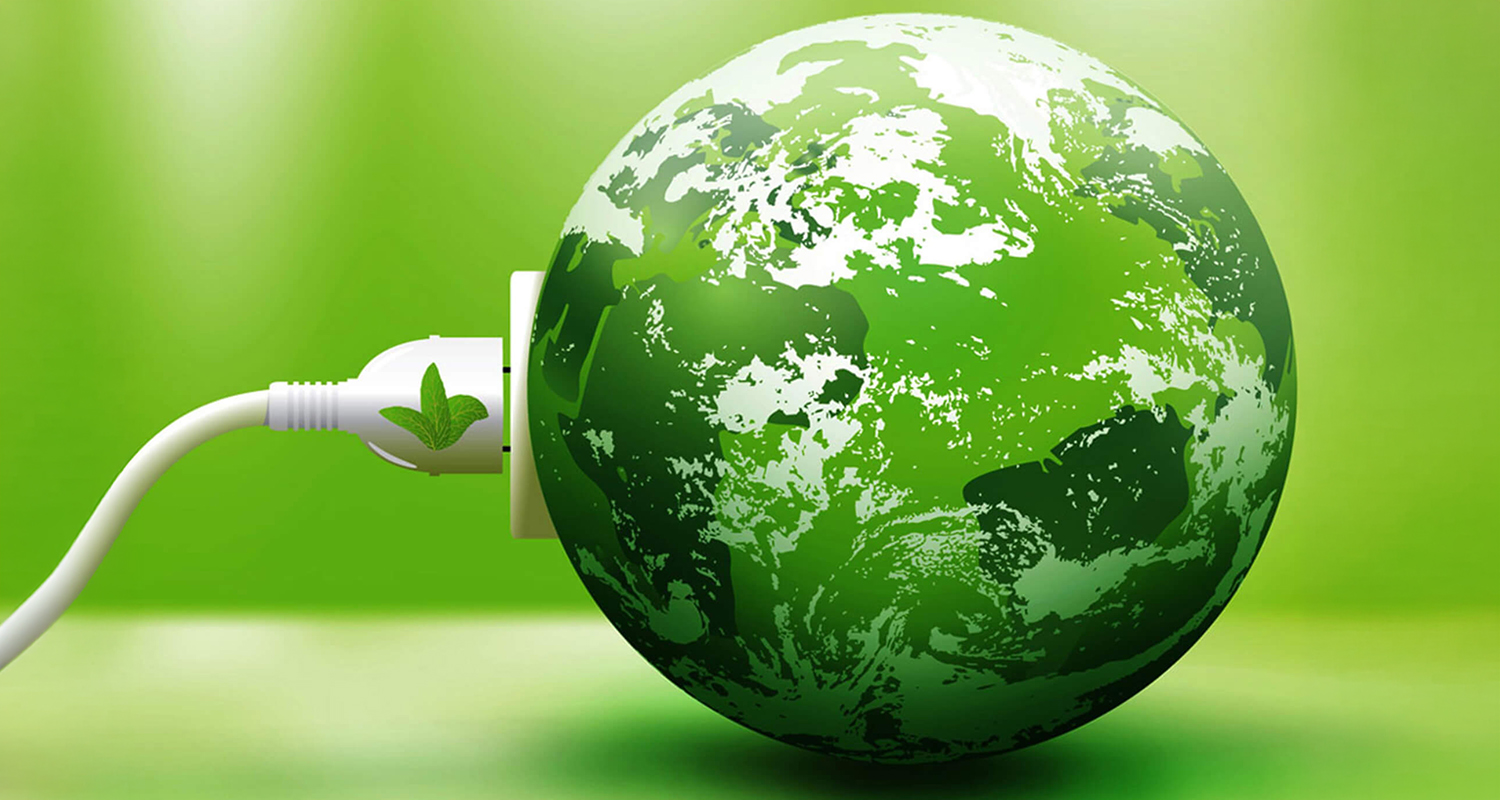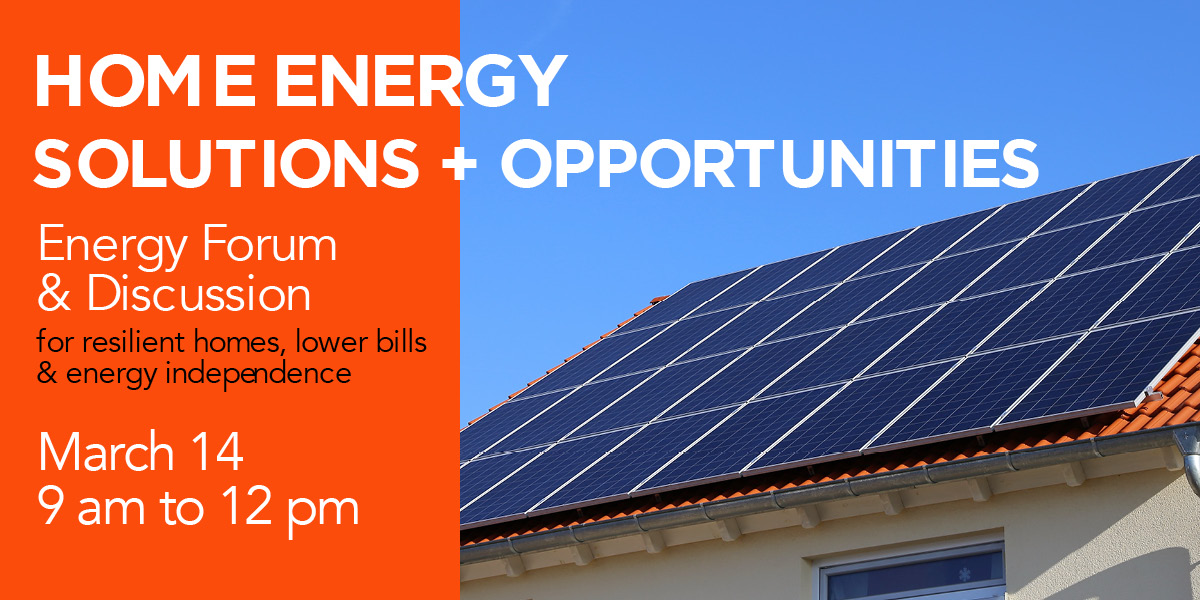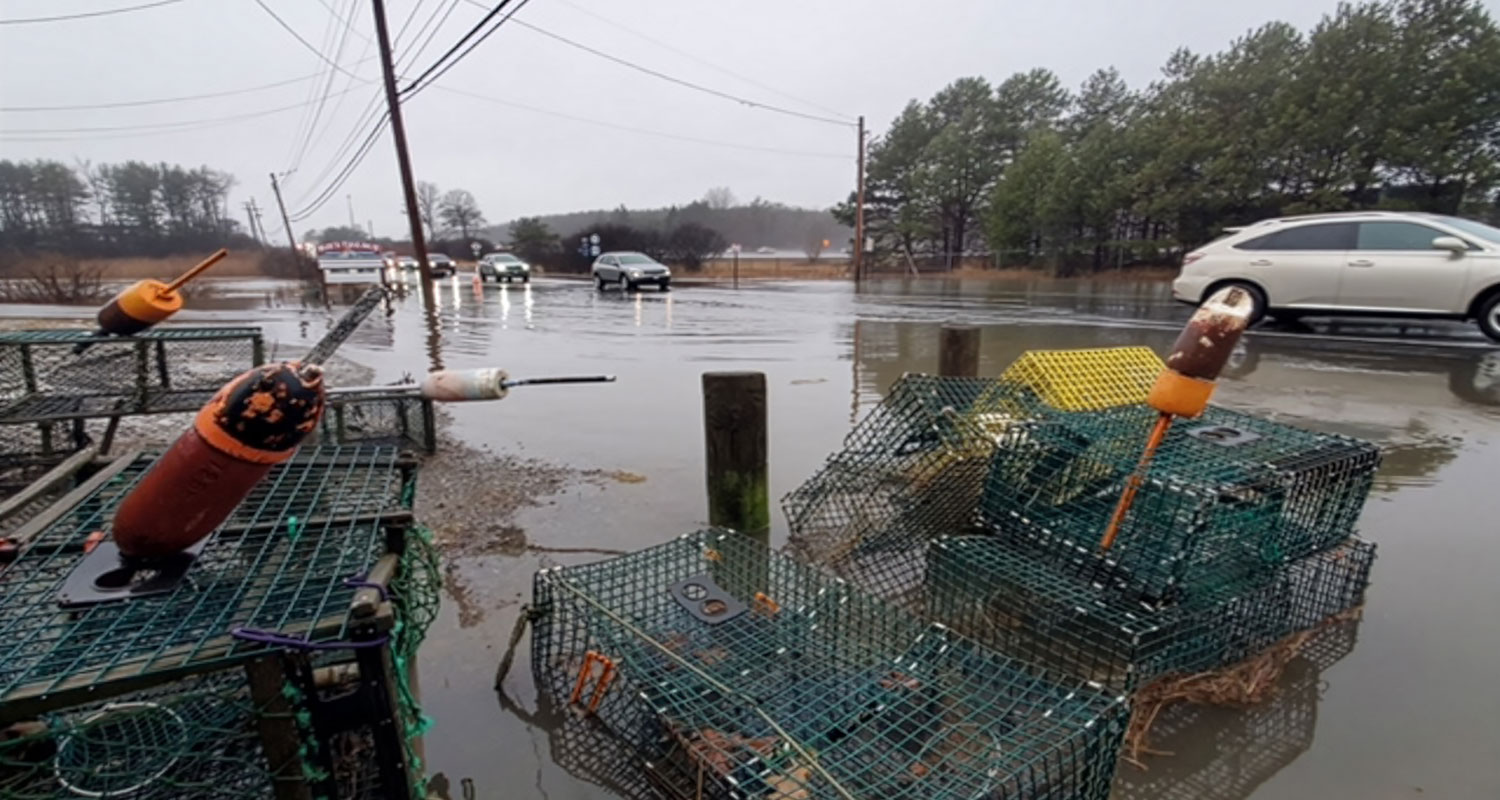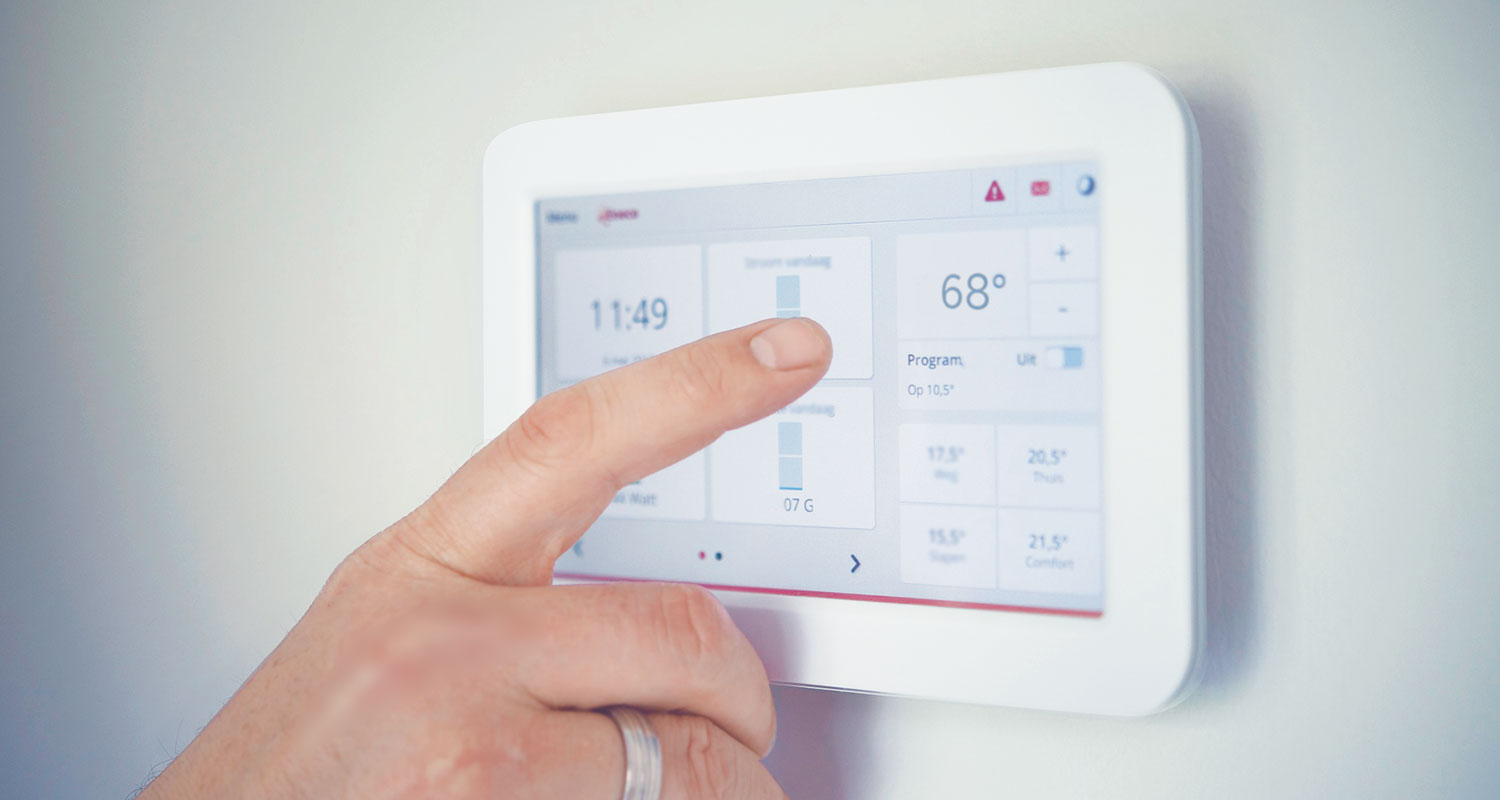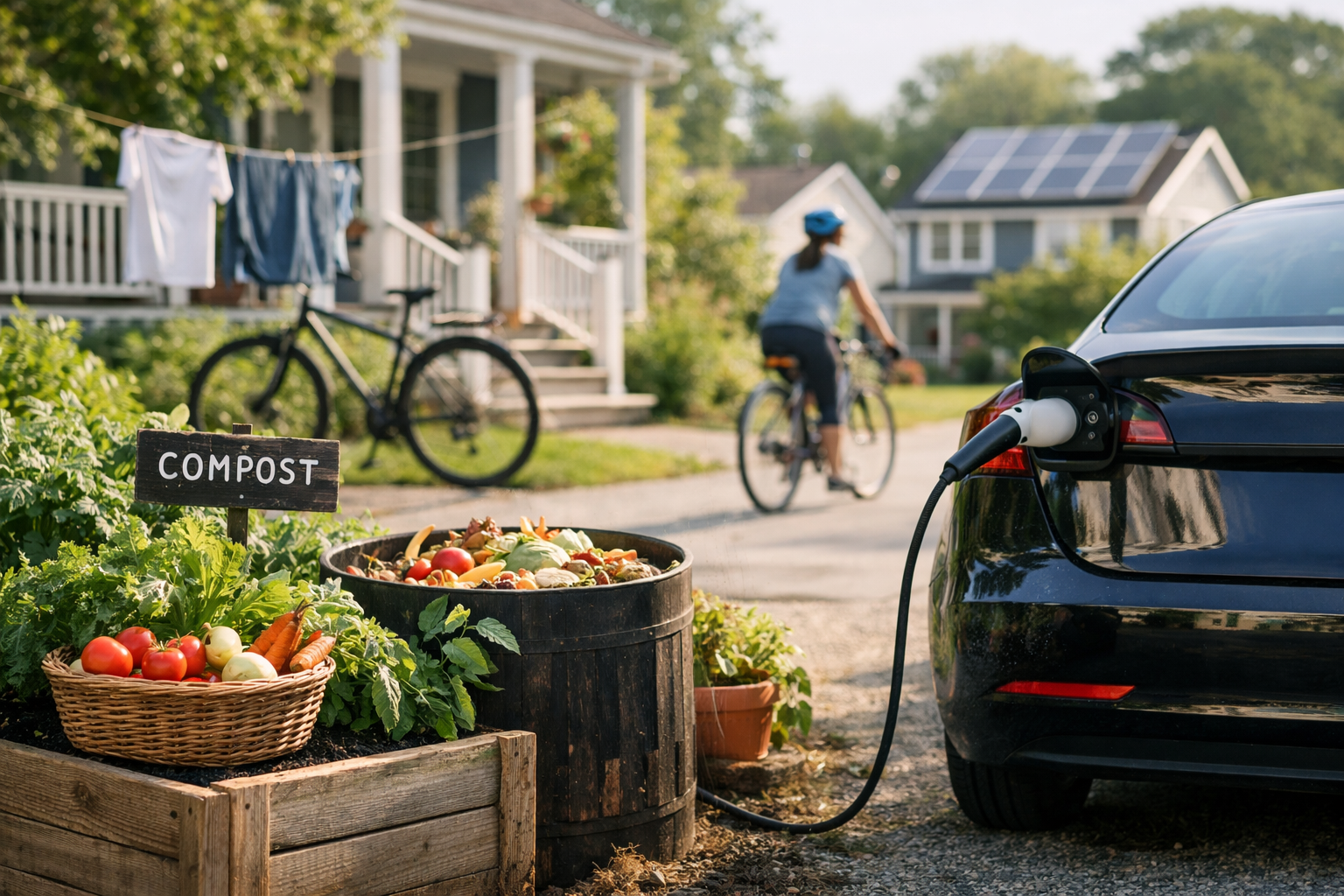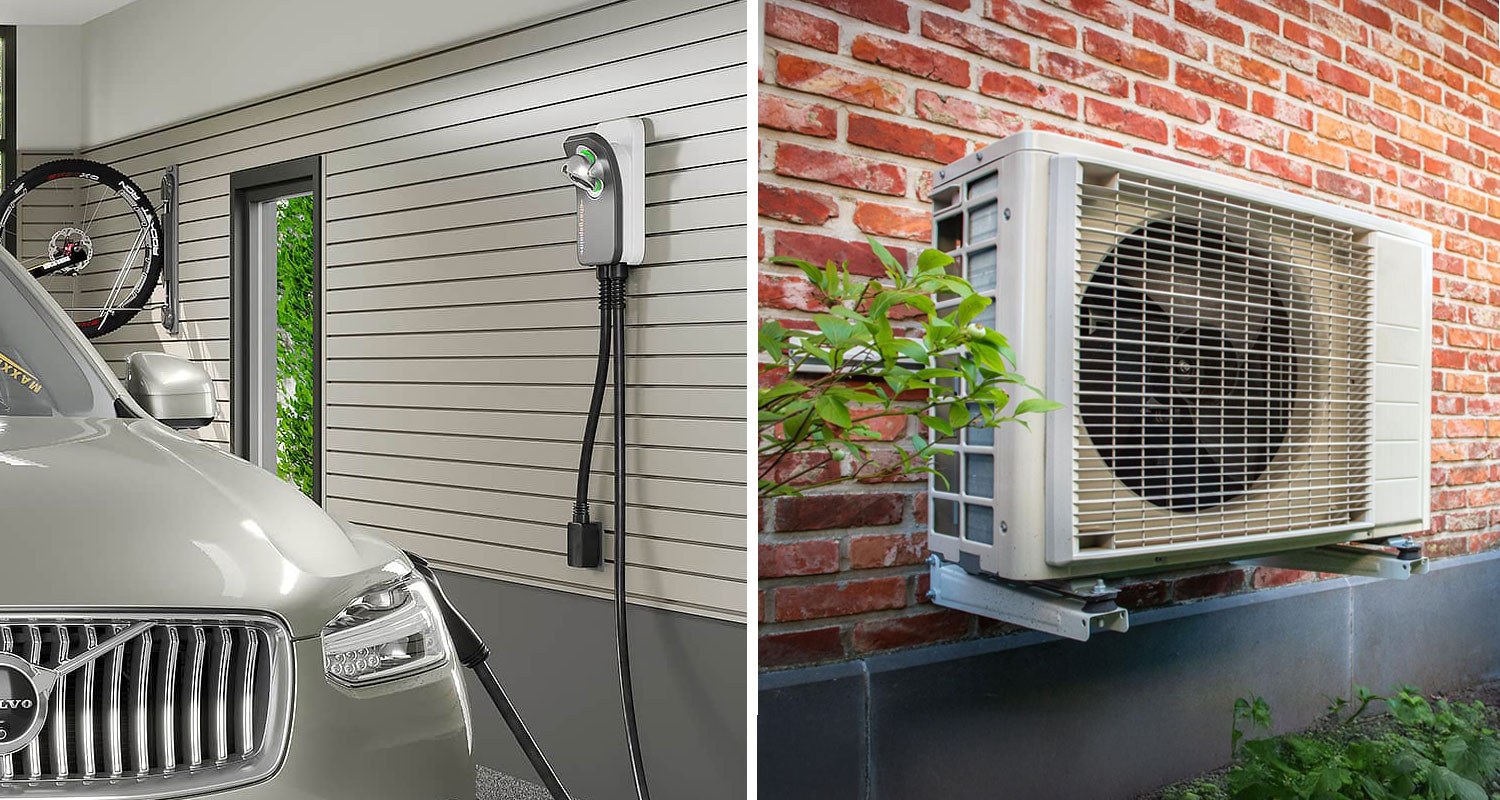04 Mar March’s Action: Reduce Your Electricity Use
The great news when it comes to climate change is that we have solutions that we can implement now, and that will go a long way towards reducing greenhouse gas emissions. We covered many of them in our February EcoHomes blog. But when it comes...


